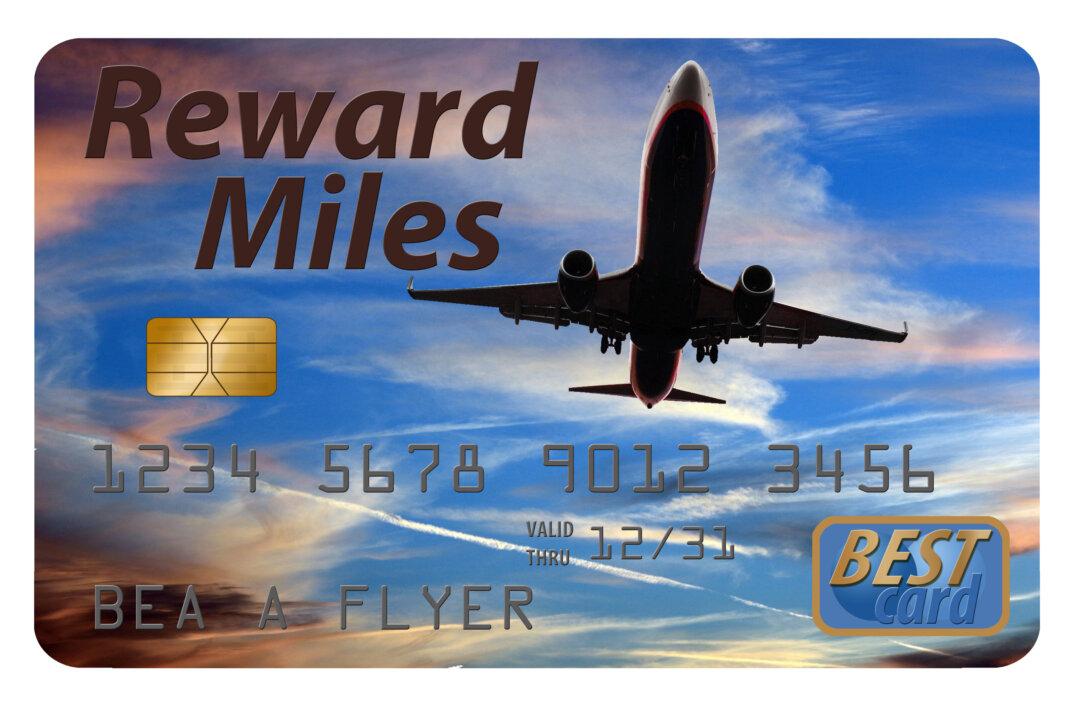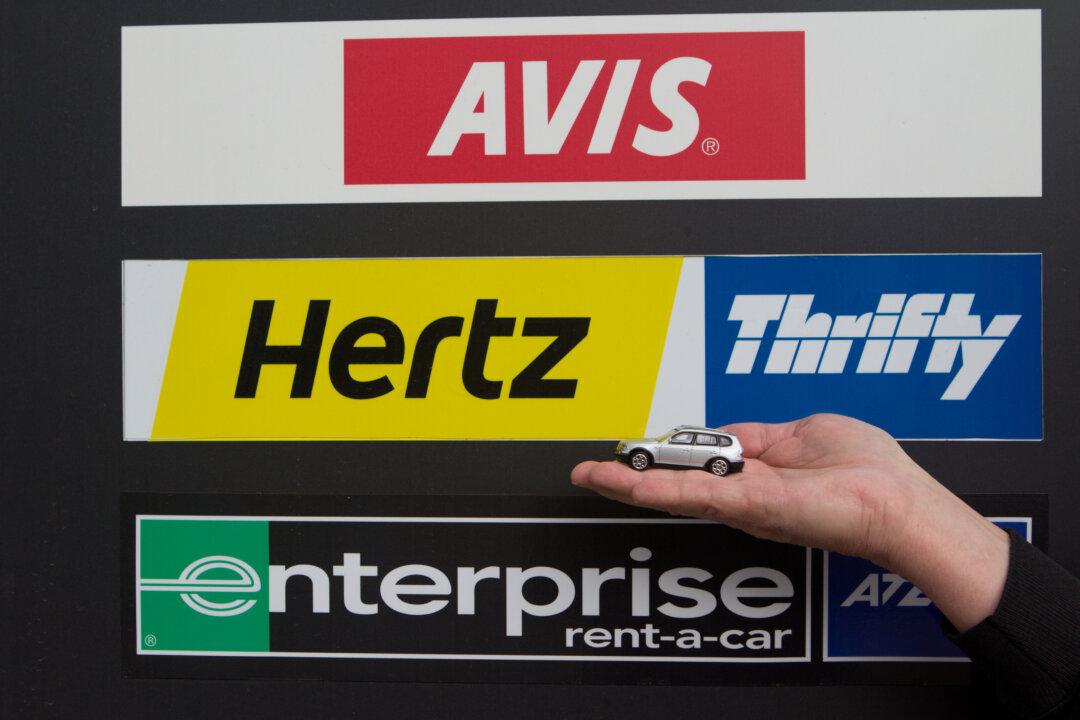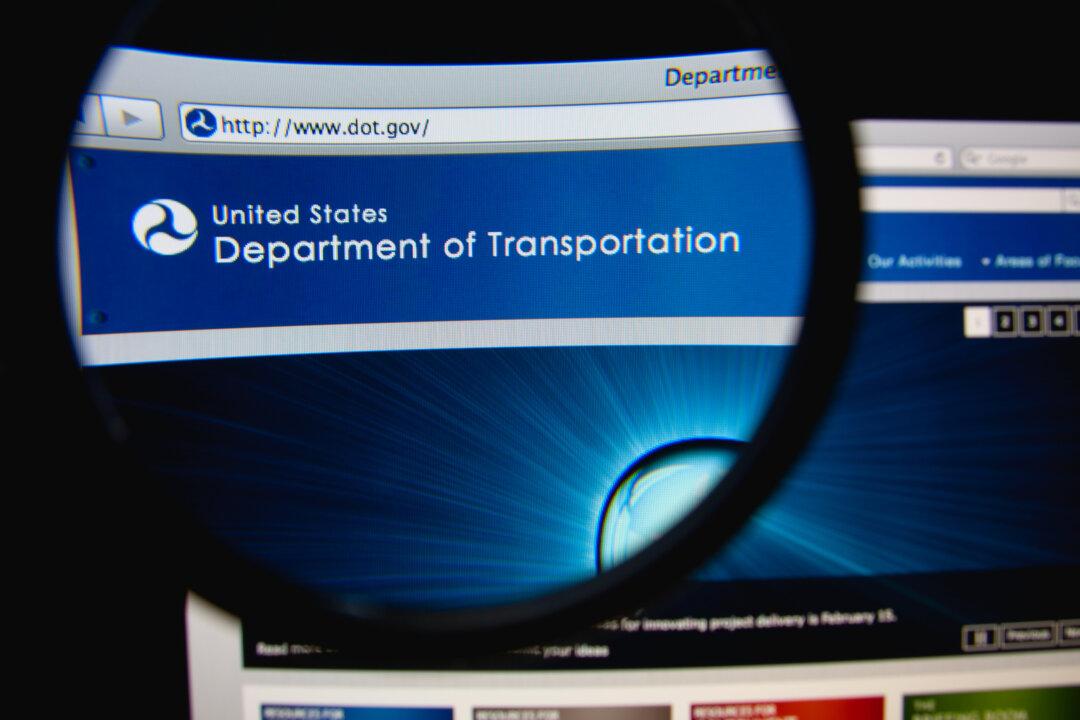A teenager was flying from Gainesville to Charlotte. The price of a nonstop ticket was $255 one-way. But he found that the price of a ticket from Gainesville to New York with a change of planes in Charlotte was just $121. So he bought a ticket to New York and planned to get off at Charlotte and “miss” the connecting flight to New York. But not completing a ticketed trip violates the rules of most airlines, so when airline agents at check-in noted ID documents showing he lived in Charlotte, they confiscated his original ticket and made him buy a new one at a much higher fare. That story has been making the rounds of the air travel blogosphere, and it’s an example of a practice typically called “hidden city” or “point beyond” ticketing. I’m repeating it here as either a “clever hack” or a no-no, depending on how you look at the practice.
Why It Works
Airlines set fares based on what they think the market is willing to pay, not cost. And that results in some anomalies:





